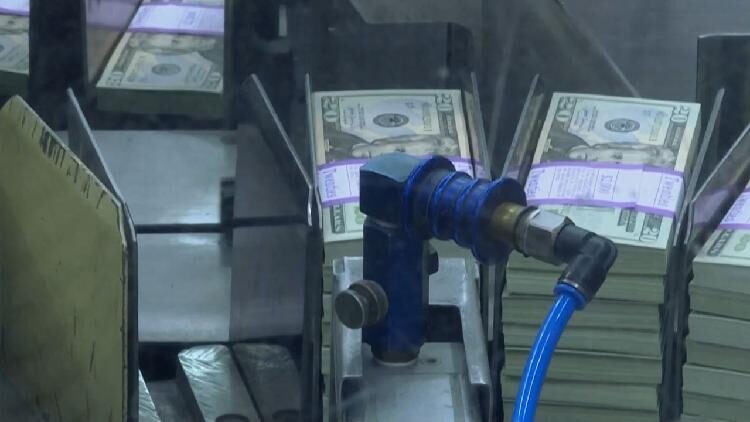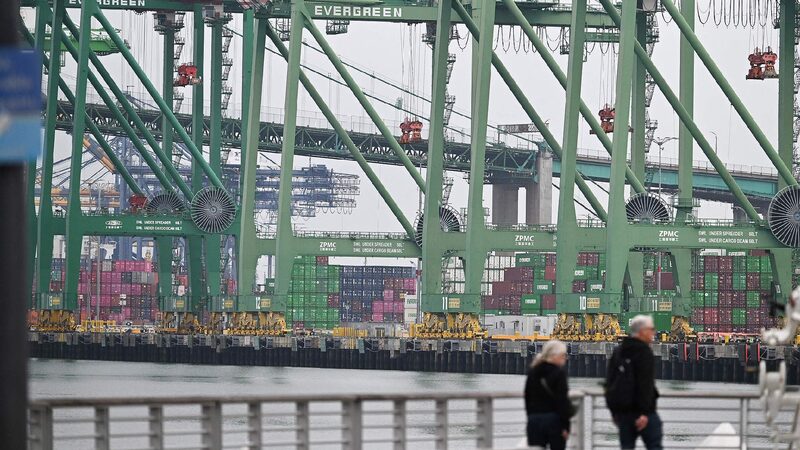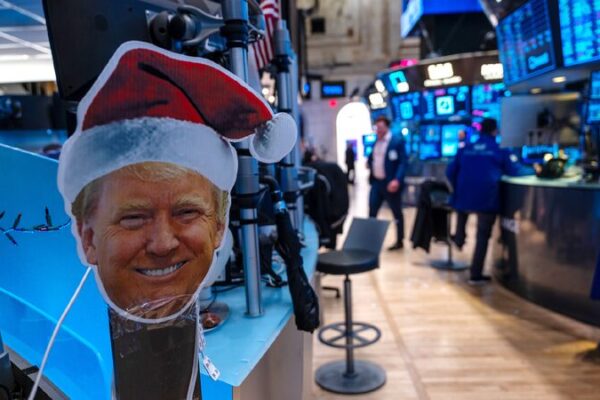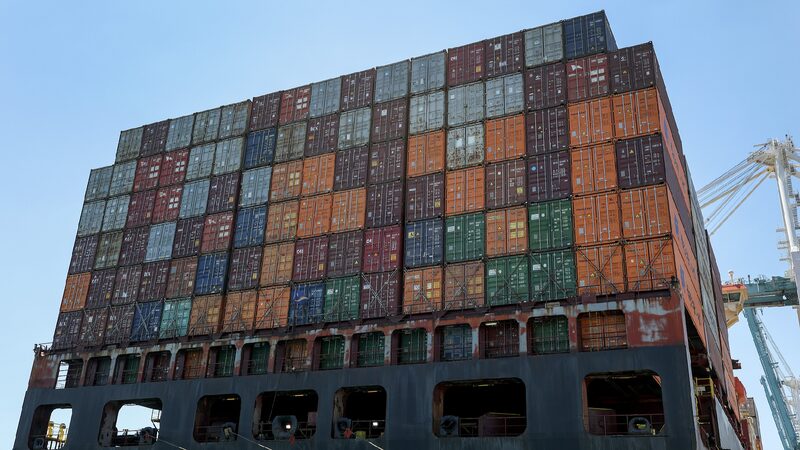Confidence in the U.S. dollar is waning as investors increasingly shift their capital toward European and Asian markets. Financial experts point to a combination of weakening trust in U.S. economic policies, rising geopolitical tensions, and a reassessment of America’s role in the global financial system as key factors driving this trend.
The U.S. Dollar Index has seen a steady decline in recent weeks. Downward revisions of U.S. growth forecasts and heightened recession risks have further accelerated this movement. According to industry leaders, structural changes in investor behavior—spurred by policy decisions in Washington—are hastening the dollar’s retreat.
“Normally, when you see big tariff increases, you would expect the dollar to go up. The fact that the dollar is going down underscores a shift in investor preference,” said Neel Kashkari, president of the Federal Reserve Bank of Minneapolis.
Francois Villeroy de Galhau, governor of the Bank of France, expressed concerns over U.S. strategies affecting the dollar’s dominance. “American policies have aimed to reinforce the dollar’s supremacy for decades. Yet recent actions have undermined that goal,” he stated.
Krishna Guha, vice chairman of Evercore ISI, noted that the current situation is unusual. “When you see yields up and the dollar down, there’s really only one takeaway: capital is flowing out of the U.S. into other markets,” he explained. “This reflects the reduced attractiveness of risk-free dollar assets in a world where the U.S. is undermining the international economic and security order it helped create.”
Analysts from Deutsche Bank warn that prolonged trade disputes and sanctions are causing lasting damage to the dollar’s appeal, fueling a global trend of de-dollarization. Meanwhile, TD Securities highlighted that diminishing U.S. growth advantages are driving investors toward European equities and emerging Asian markets, where fiscal stability and growth prospects appear more favorable.
Reference(s):
U.S. dollar's confidence crisis deepens as capital shifts east
cgtn.com








